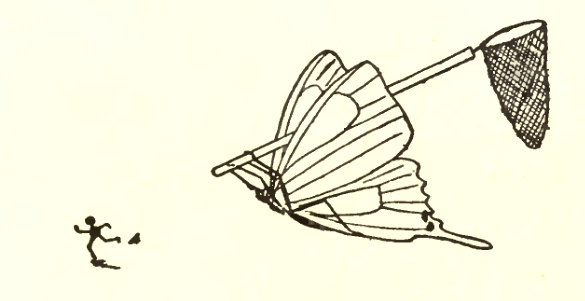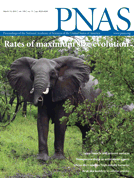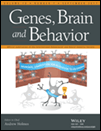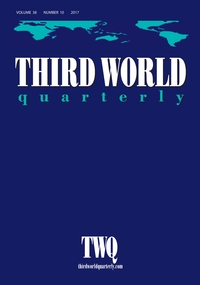 The authors of a 2017 paper on emotional and behavioral gaps between boys and girls have retracted the article after discovering a coding error that completely undermined their conclusions.
The authors of a 2017 paper on emotional and behavioral gaps between boys and girls have retracted the article after discovering a coding error that completely undermined their conclusions.
The revelation prompted the researchers to republish their findings in the same journal, this time with a title that flips the narrative.
The PsychJournal study, first published in March, looked at self-regulation — loosely defined as the ability to get stuff done and keep a lid on it — in boys and girls in German elementary schools. Although previous studies had found girls might do better on this front, the authors, from the University of Leipzig and New York University’s Abu Dhabi campus, initially found the opposite:
Continue reading Boys will be boys: Data error prompts U-turn on study of sex differences in school





 A journal has published an expression of concern (EoC) for a paper on cancer genetics in mice, over a concern about data in some gel panels.
A journal has published an expression of concern (EoC) for a paper on cancer genetics in mice, over a concern about data in some gel panels.  A biologist is crying foul at a journal’s decision to correct (and not retract) a paper he claims plagiarized his work — and one of his colleagues has resigned from the journal’s editorial board as a result.
A biologist is crying foul at a journal’s decision to correct (and not retract) a paper he claims plagiarized his work — and one of his colleagues has resigned from the journal’s editorial board as a result. A journal has withdrawn an essay
A journal has withdrawn an essay 